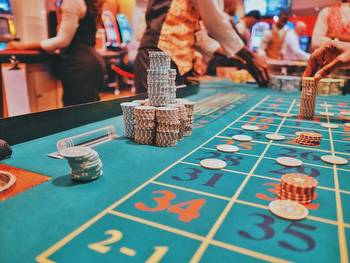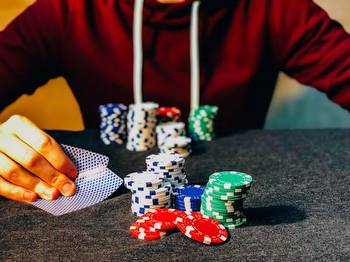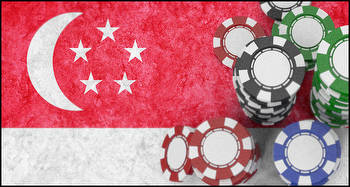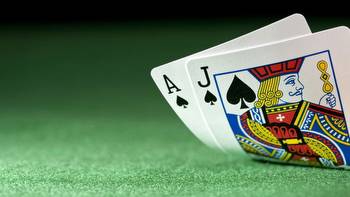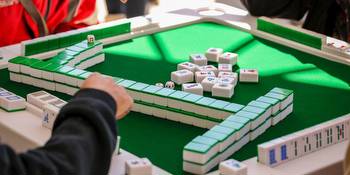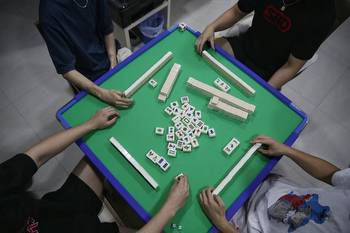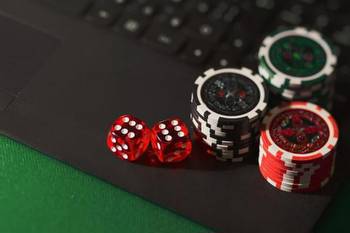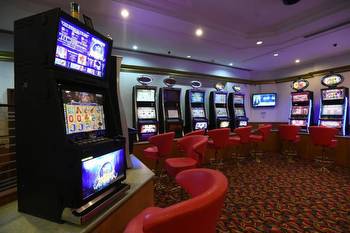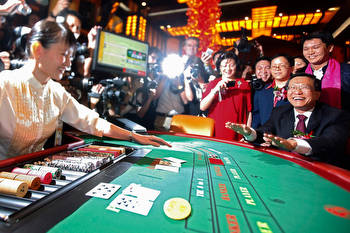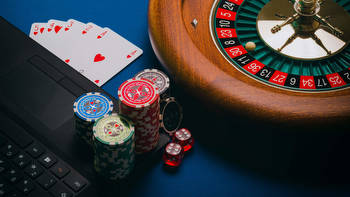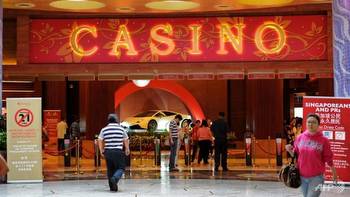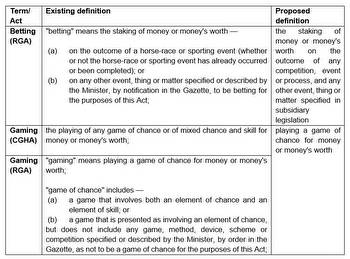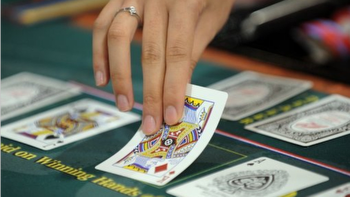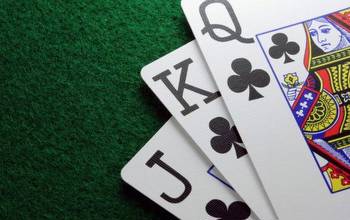Singapore's parliament passes bills to legalize social gambling, criminalize proxy betting, create new regulator
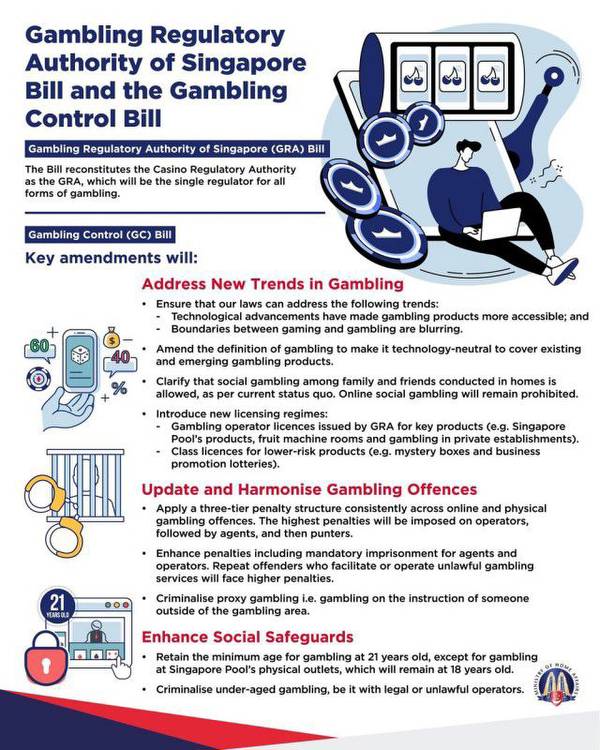
Singapore Parliament passed Friday in second and final reading the Gambling Control Bill, which legalizes social gambling, as it criminalizes underage and proxy gambling, seeking to protect the vulnerable through prohibition as a part of tighter safeguards. Lawmakers also passed a bill that will set up the Gambling Regulatory Authority around mid-2022.
The Bill will increase penalties for unlawful gambling, both in-person and online, and impose stiffer penalties for repeat offenders who facilitate or operate unlawful gambling services. It also introduces licensing for key gambling products, as well as class licensing regimes for lower-risk ones, like online games with gambling elements.
The Gambling Control Bill will specifically provide an exemption regime for physical social gambling among family and friends in homes, which is not prohibited under current law. For gambling to be considered social, it must take place in someone’s home, with people who are acquainted. It must not be conducted in the course of any business or for personal gain beyond the gaming’s winnings.
However, MP Gerald Giam questioned the policy gain in this change as social gambling was not illegal before the bill was passed. As reported by Channel News Asia, Giam pointed out that the Government had said in the past that the law can and should reflect social norms and attitudes. “As a matter of logical consistency, then, should the Government not be cautious about making social gamlbing explicitly legal, so as to avoid being seen as issuing an official stamp of approval for gambling?”.
Minister of State for Home Affairs, Desmond Tan, responded by stating the exemption will regularize the current practice and provide clarity to the public that social gambling is allowed when it is “with family and friends, including minors, at home”.
He also stressed that the exepmtion does not change the Government’s approach towards gambling but instead acts as a social safeguard by not allowing social gambling to occur in places such as hotels and chalets. “Individuals should exercise personal responsibility in deciding whether to allow underaged individuals to engage in such activities”, he concluded.
The Gambling Control Bill will explicitly make it illegal for people under 21 to gamble, and it will be considered an offense for those under 18 to do so at Singapore Pools’ physical outlets.
It will also criminalize proxy gambling in casinos and fruit machine rooms. In response to MP Louis Chua’s enquiry on how casino operators intend to help enforce against these practices, Tan stated that casino staff are trained to detect proxy gambling. “Casinos will be liable to regulatory action, like financial penalties, if they fail to enforce this”, he assured.
Another topic of debate circled around NFT (Non-Fungible Tokens), and whether they should be considered as gambling due to the amount of speculation involved. To Tan, most NFTs do not fall under the regulatory remit of the Monetary Authority of Singapore (MAS), as they are used mainly to tokenize digital art and other collectibles.
Should an NFT have the characteristics of a capital markets product under Securities and Futures Act, it will be subject to MAS’ regulatory requirements, and therefore exempted from the definition of betting under the Gambling Control Bill.
"Creating or trading NFTs is not considered gambling, unless there is an element of chance involved in their creation or trading," he added. "However, gambling services that use NFTs as stake or prize will be covered in our gambling legislation."
Separately, the Gambling Regulatory Authority of Singapore Bill will set up the Gambling Regulatory Authority around mid-2022. The authority will regulate the entire gambling landscape in Singapore which is currently overseen by multiple agencies.
The country currently has four gambling regulating bodies: the Casino Regulatory Authority, in charge of Singapore’s two casinos; the Gambling Regulatory Unit in the Ministry of Home Affairs, which regulates online gambling services and fruit machines; the Singapore Totalisator Board, governing physical gambling services operated by Singapore Pools; and the Singapore Police Force, which takes enforcement action against unlawful gambling activities.
The creation of the Gambling Regulatory Authority intends to establish one single body that brings all oversight to the industry.









